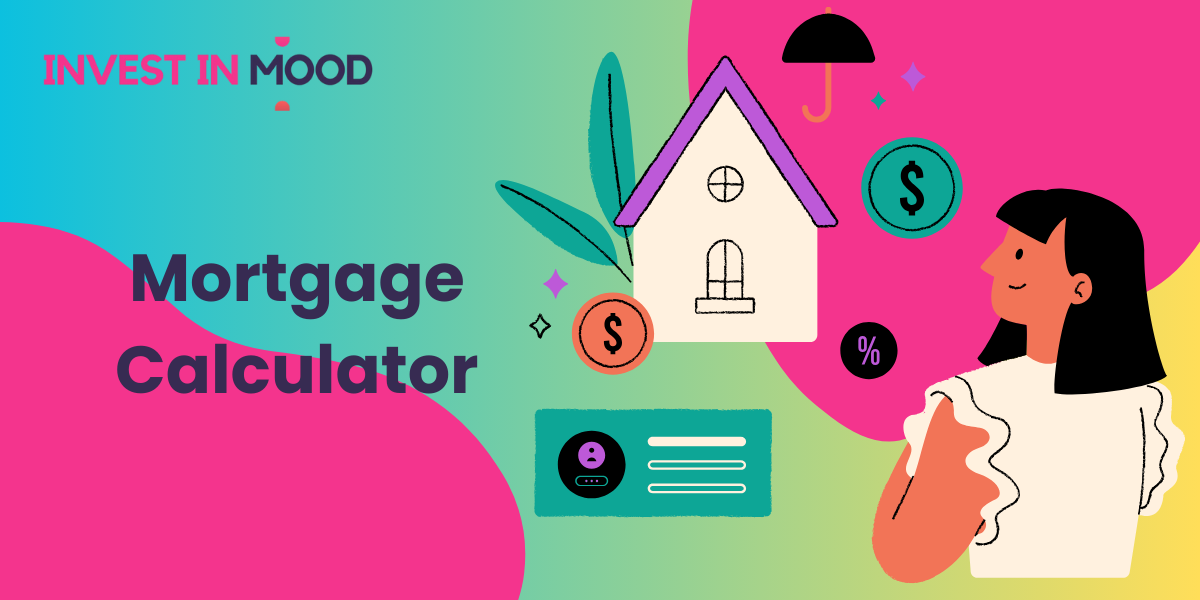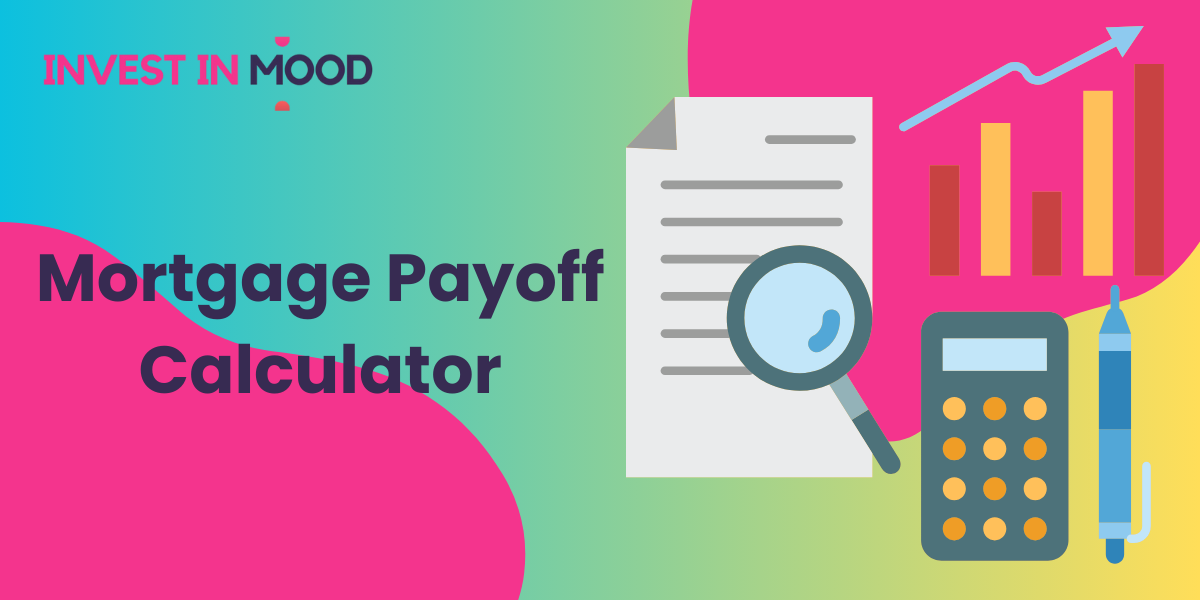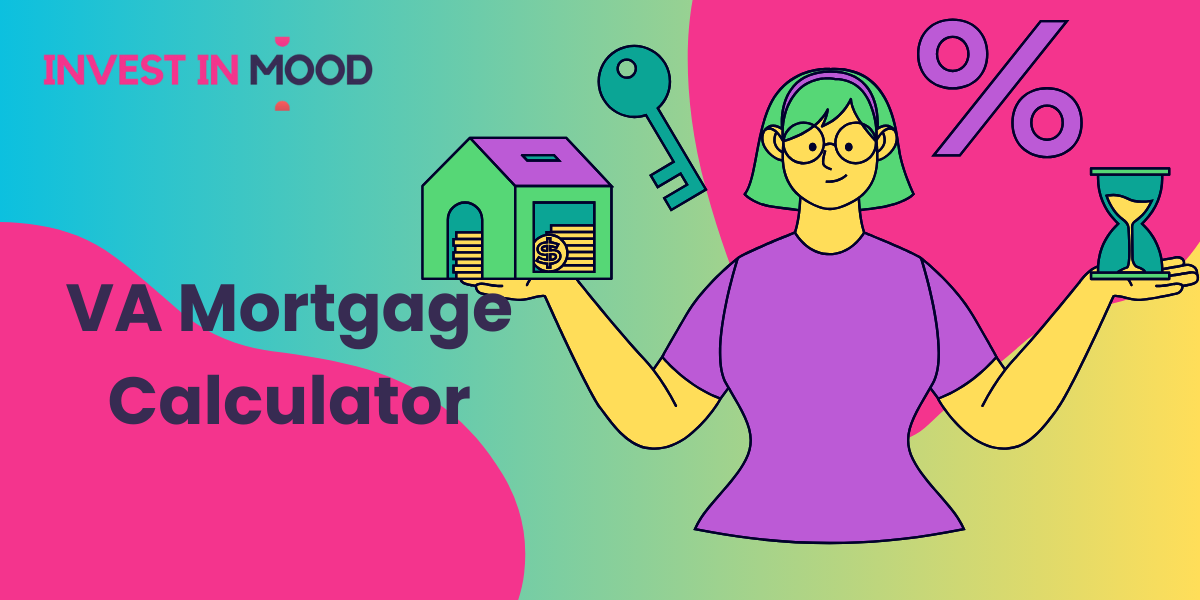Mortgage Calculator
What is a Mortgage Calculator?
You can obtain fiscal information about a mortgage using a mortgage calculator. The loan amount, interest rate, loan period, and occasionally other elements like insurance and property taxes are included in it. Users can quickly estimate their monthly mortgage fees, the total amount of interest paid over the loan ‘s term, and the mortgage ‘s overall charge by entering this information.
Types of Mortgage Calculators
1. Basic Mortgage Calculator
This is the most common type, focusing on monthly fees. Users can enter the interest rate, loan amount, and loan period, then the calculator offers the monthly payment.
2. Amortization Calculator
This tool breaks down how much of each payment goes toward interest in comparison with the life of the loan. It supplies a detailed amortization schedule, showing how the balance decreases over time.
3. Refinance Calculator
This calculator guides homeowners evaluate whether refinancing their mortgage is a financially sound decision. It typically asks for the current mortgage balance, new interest rate, and closing costs.
4. Affordability Calculator
This type identifies how much mortgage you can afford based on your salary, costs, and deficit. It supplies a clearer picture of your allocation and helps to establish rational expectations.
5. Extra Payment Calculator
This tool shows how making more dues can decrease the overall interest which can be paid in a short period of time. It’s a great way to visualize the benefits of paying down the mortgage faster.
Key Components of a Mortgage Calculator
1. Loan Amount
This is defined as the total amount you need to lend. It can be influenced by your down payment and the property ‘s purchase price.
2. Interest Rate
This is the annual rate charged for borrowing the funds. Mortgage interest rates can fluctuate based on market conditions and your borrowing history.
3. Loan Term
This refers to the duration over which you will repay the loan, commonly 15, 20, or 30 years. The length of the term affects both the monthly payment and the total interest paid.
4. Property Taxes and Insurance
Some calculators let users calculate monthly property taxes and homeowners’ insurance which gives a more detailed estimate of total monthly properties costs.
How to Use a Mortgage Calculator?
It is extremely easy to use this calculator. All you need to do is collect all the information related to loans, interest rates and other metrics to get successful results. You can also test some changes in the amount in order to determine how much amount you need to lend. Here are all the steps you need to obey:
- Before using the calculator, you must collect all obligatory data, including your desired loan amount, estimated interest rate, and the loan period.
- Enter your figures into the calculator. Most online calculators have fields for each part.
- After clicking ” Calculate ” you can analyze the monthly payment and other outputs from it. Some calculators may offer graphs or charts to visualize the payment schedule and total interest paid over time.
- Do not hesitate to adjust the inputs to see how different interest rates, loan amounts, or terms affect your fees. This can support you from educated conclusions about your mortgage options.
Benefits of Using a Mortgage Calculator
- Mortgage calculators provide instant estimates which lets you create quick comparisons between different mortgage scenarios.
- By understanding the economic suggestions, you can build more educated conclusions about place acquiring or refinancing.
- Calculators can facilitate you to arrange a financial plan for buying a house by determining what you can afford based on your current revenue and costs.
- You can compare different mortgage products, such as stable rate versus adjustable rate mortgages, to determine which is superior for your fiscal condition.
- Many calculators show how much you will pay in interest over the life of the loan which supports you to understand your long term economic commitment.
Barriers of Mortgage Calculators
- Mortgage calculators can sometimes provide inaccurate calculations as these calculations are based on estimates and cannot be considered as rational. Here are some of its barriers that you need to know:
- The results given are estimates and may not reflect the exact figures you ’ll encounter with your lender, especially once fees and other costs are included.
- If you are considering an adjustable – rate mortgage, the calculator may not accurately predict future settlements since rates can change.
- Calculators may not account for more costs such as closing costs, private mortgage insurance (PMI), and maintenance, which can significantly result in overall affordability.
- Property taxes and insurance rates can vary a lot by location and may not be accurately represented in a standard calculator.
Conclusion
Mortgage calculators are helpful resources for anyone who wants to navigate the complexities of place investing. By giving awareness of potential monthly cash transfers, total interest, and the overall expense of a mortgage, they empower consumers to build enlightened fiscal judgments. While they are not a substitute for specialist economic advice, mortgage calculators can help as a great starting point for understanding your options and arranging for the future. You must consider using many calculators to fully understand your fiscal position. It will support you to clarify your trip to home ownership.



